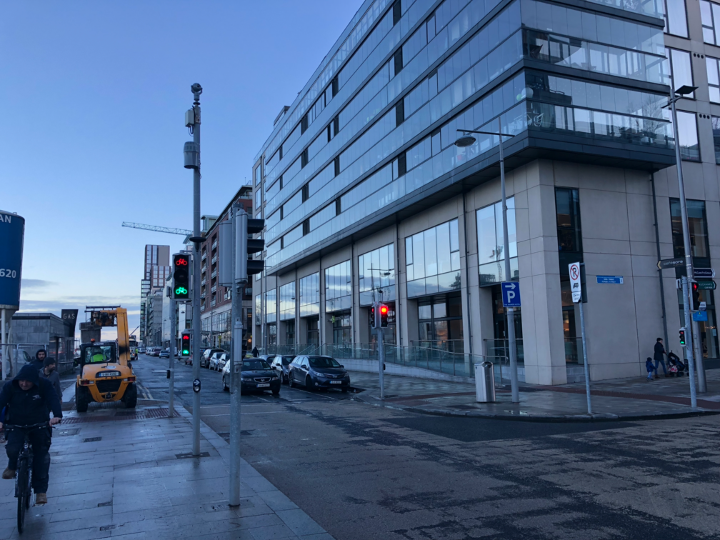The world is becoming increasingly connected. Societal and economic changes are being driven by technological developments like the internet of things (IoT), artificial intelligence (AI) and big data. The impact of these emerging technologies will be underpinned by the robust connectivity of 5G.
5G stands for “Fifth Generation” Wireless Technology. It is the next evolution of mobile technology after 4G LTE. 5G offers:
- Faster speeds through lower latency and higher throughput.
- Improved efficiency and reliability.
- Increased capacity to sustain a massive increase in connections between devices and the internet.
Listen below to Jamie Cudden Smart City Programme Manager at Dublin City Council, on the Tech Central Podcast for a primer on 5G and future connectivity.
It is expected that 5G will support new applications of technology like telemedicine and remote surgery. It will also enable smart metering, smart buildings and asset tracking.
The cost of 5G installation can encourage providers to install small cells in affluent areas, widening the digital divide.
5G requires small cells which are radio access points with low radio frequency. They are required indoors and outdoors to deliver speed and connectivity. Their installation can be disruptive and costly. The costs involved can encourage providers to focus their efforts in affluent areas, widening the digital divide.
Project Activities
To help offer equitable access to 5G in Dublin, Dublin City Council’s Smart Docklands programme has partnered with with Dense Air and CONNECT Research Centre to prototype a ground-breaking neutral host small cell 5G network.
A neutral host network is a shared network that is open to all mobile network operators. Building a network this way reduces costs for operators, and gives the city greater input into the process.
By building neutral host networks, cities can ensure equitable 5G access.
The new model leverages city infrastructure, such as light poles and bins to install small cell devices.
This project represents the interests of all Irish local authorities and has huge implications for the future of 5G rollout in cities and towns across Ireland and around the globe.

Impact
Smart Docklands have completed the first phase by deploying small cell units across the Dublin Docklands, providing connectivity both indoors and outdoors. This network provides 4G and 5G coverage, supporting IoT connectivity and benefiting the city, industry and local community.
We have learned a lot about building neutral host 5G networks in complex city environments.
Drawing on input from technology providers, academia, industry and the community, we have learned a lot about how to build these networks in complex city environments.
This learning has been consolidated in the Smart Dockland’s 5G and Future Connectivity Discussion Paper.
The success of this project was recognised in 2019 with a win at the World Small Cell Awards. Dense Air are now replicating this work in Portugal, Belgium, Australia and New
Extensive 5G neutral host coverage will improve Dublin’s economy, lower mobile network costs for providers and consumers, and provide better and more equitable access to the Internet.
Resources
- 5G and Future Connectivity Executive Summary
- 5G and Future Connectivity Full Report
- Dense Air and Dublin City Council win Small Cell Forum Award
- 5G CityView Innovation Accelerator: Harvard TECH at Dublin